The 1970s were a golden age for television, but they weren’t without their moments of controversy. Sitcoms of the era often walked a fine line between comedy and cultural commentary, reflecting the shifting norms of a decade grappling with everything from civil rights to gender roles. Some of these moments sparked nationwide debates, while others quietly broke barriers that would echo for years. Let’s dive into 12 unforgettable moments from ’70s sitcoms that stirred the pot and left a lasting impact on TV history.
1. Maude’s Decision in Maude (1972)
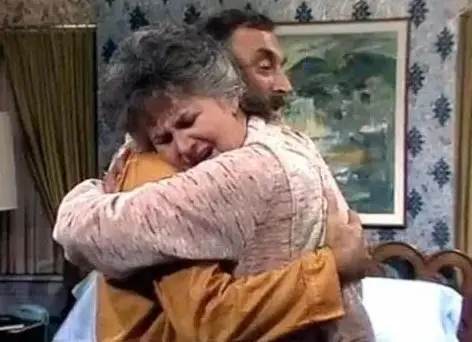
Bea Arthur’s Maude Findlay shocked viewers when she made the decision to have an abortion in a two-part episode. At the time, abortion was still a taboo topic, and the episode aired just months before Roe v. Wade. It was groundbreaking for its honest portrayal, but it also prompted letters of outrage and station boycotts.
2. Archie Bunker’s Bigotry in All in the Family (1971)
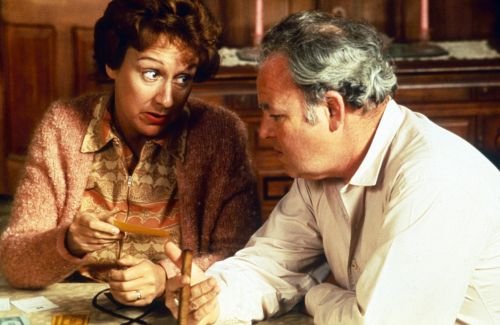
Archie Bunker’s unapologetically prejudiced views set the tone for much of All in the Family. The pilot alone featured racial slurs and blunt stereotypes, forcing viewers to confront their own biases. Creator Norman Lear used Archie’s ignorance as a way to shine a light on social issues, but the character was polarizing—some laughed at him, while others agreed with him.
3. Rhoda’s Wedding in Rhoda (1974)
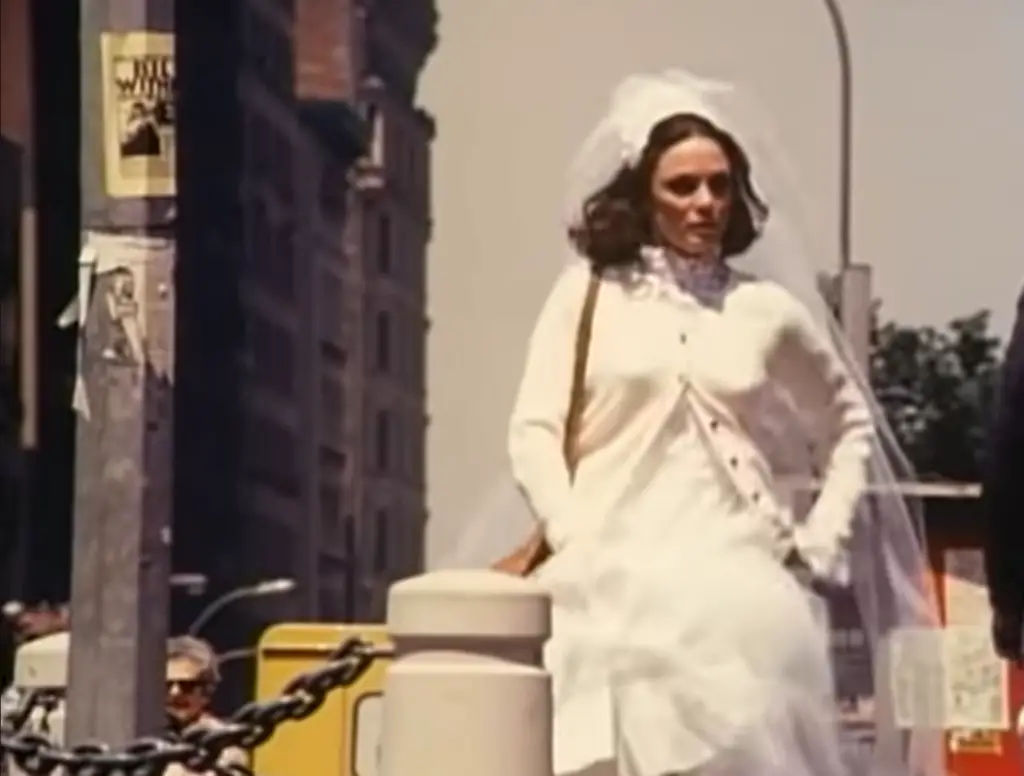
Rhoda Morgenstern’s wedding to Joe Gerard was a ratings juggernaut, drawing over 50 million viewers. But the controversy came later, when the couple divorced—a bold move for a sitcom in an era when TV characters typically lived happily ever after. It reflected changing attitudes about marriage but disappointed fans rooting for the couple.
4. Archie and Edith Meeting Gay People in All in the Family (1971)
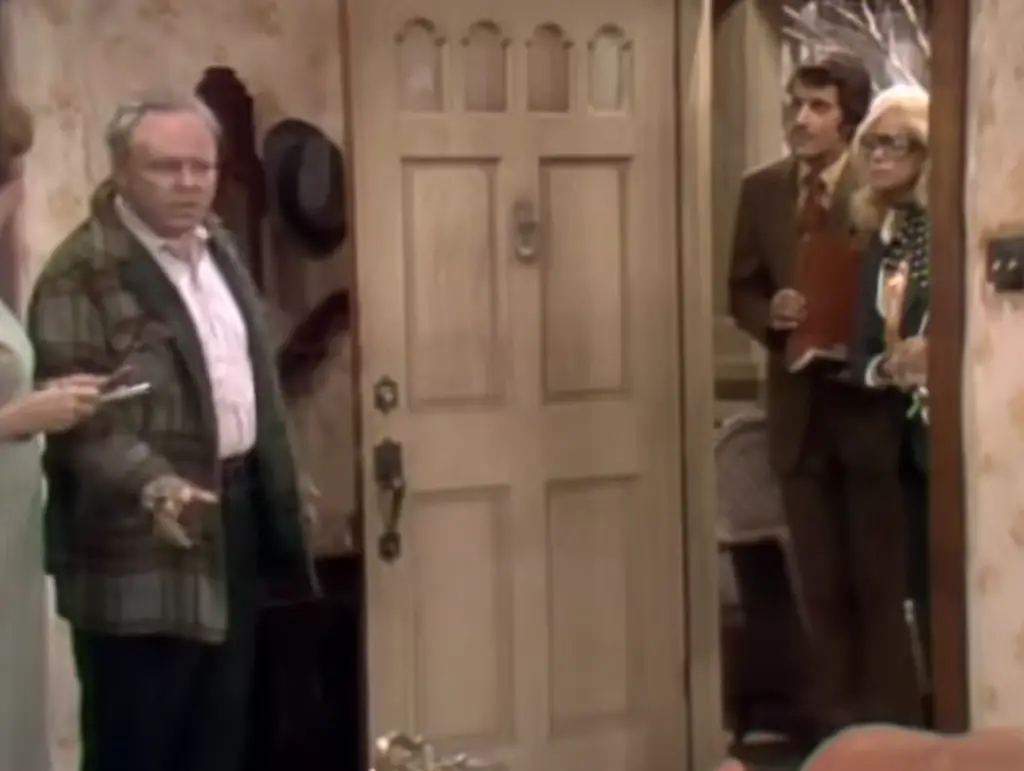
When Archie has the chance to make connections and open his mind, he flubs it – big time, complete with a very outdated slur. The episode tackled stereotypes and normalized LGBTQ+ representation, albeit in the clunky, sometimes cringe-worthy way of the time. It was a baby step toward more inclusive storytelling.
5. The Death of Henry Blake in MASH (1975)
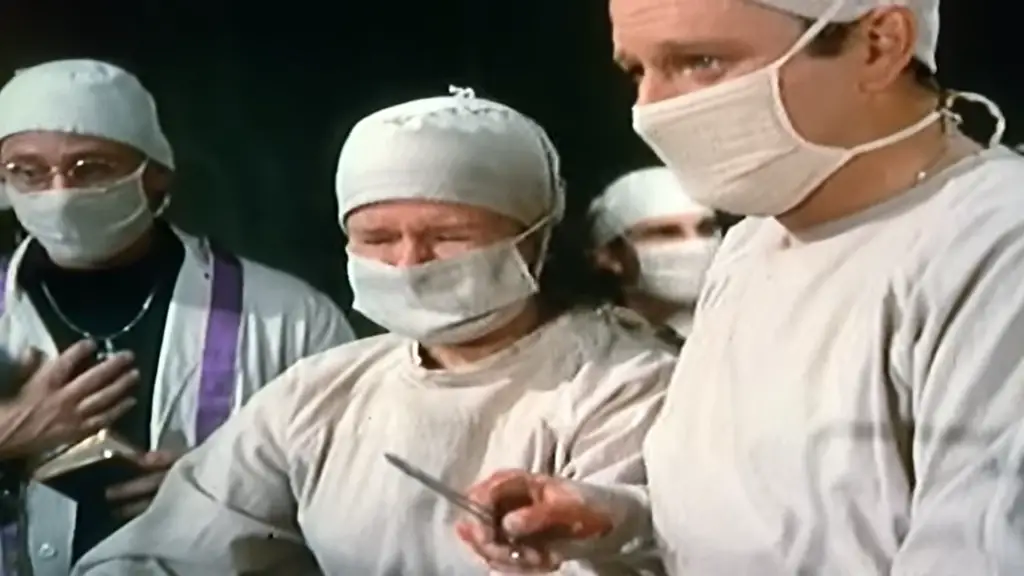
Goodbye, Farewell, and Amen wasn’t just the title of MASH*’s finale—it’s what viewers said to Henry Blake in an earlier episode when his plane was shot down. Killing off a major character in a sitcom was unheard of, and audiences were devastated. The episode reflected the harsh realities of war, solidifying MASH* as more than just a comedy.
6. The Interracial Kiss in The Jeffersons (1975)
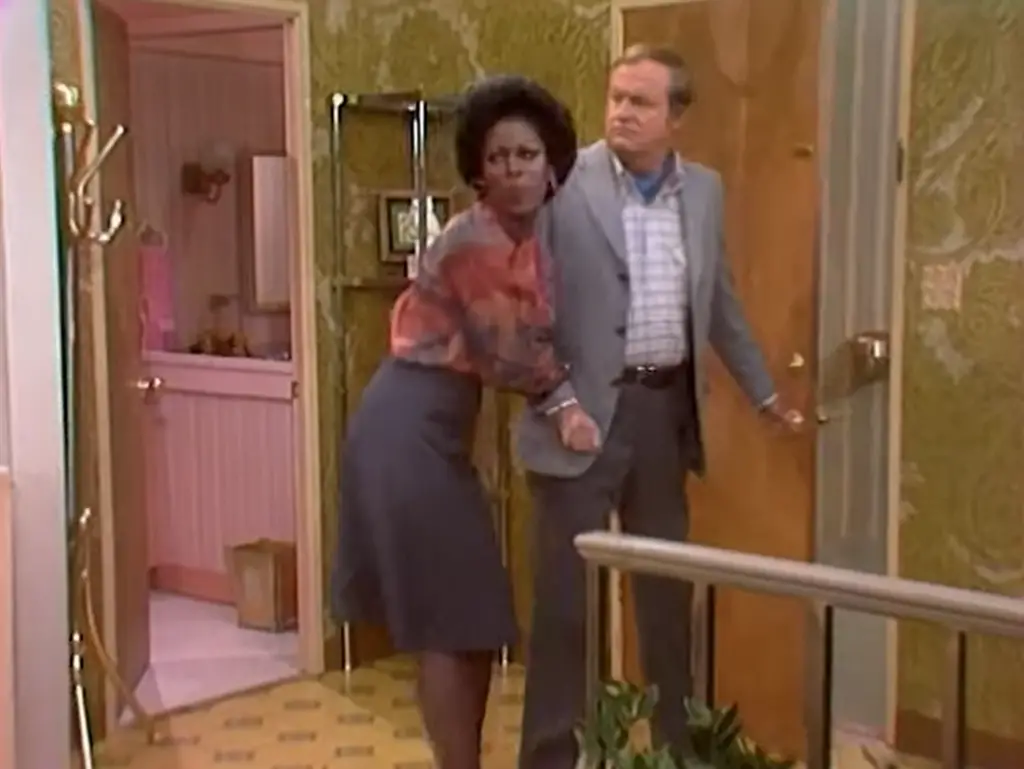
When Tom and Helen Willis kissed on-screen, it marked one of the earliest depictions of an interracial couple sharing affection on TV. Though groundbreaking, it also provoked backlash from viewers who weren’t ready to see such a bold representation of love.
7. Laverne and Shirley’s Wellness Retreat (Laverne & Shirley, 1976)
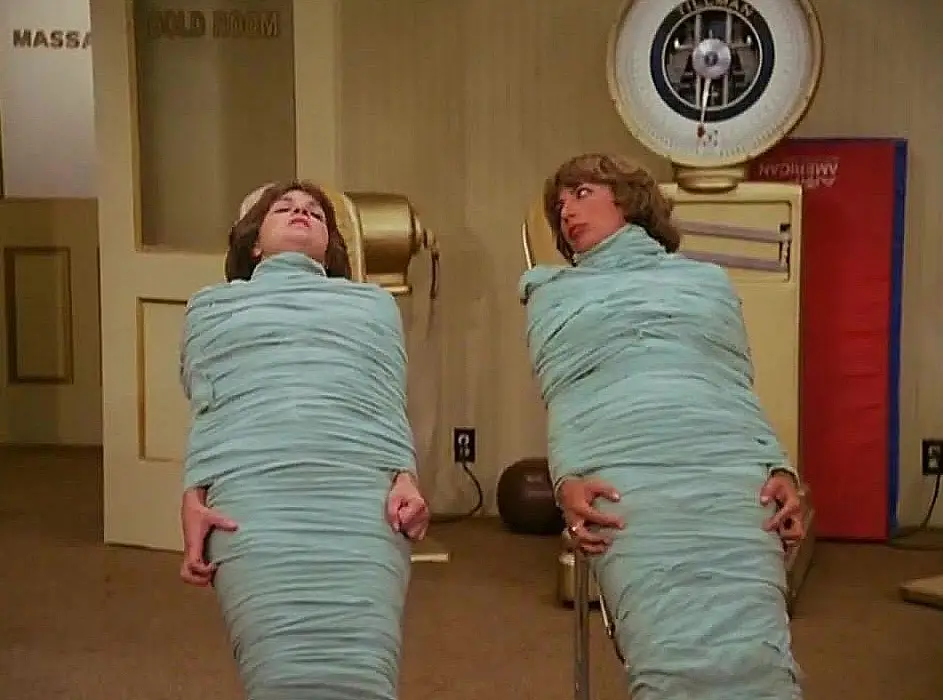
When Laverne and Shirley found themselves on a retreat at a “fat farm,” (for reasons only sitcom logic could explain), some viewers found it a little too offensive for prime time. The scene was meant to be funny and innocent, but it pushed the boundaries of physical comedy and isolated viewers with some hurtful rhetoric.
8. Jack’s Fake Gay Identity in Three’s Company (1977)
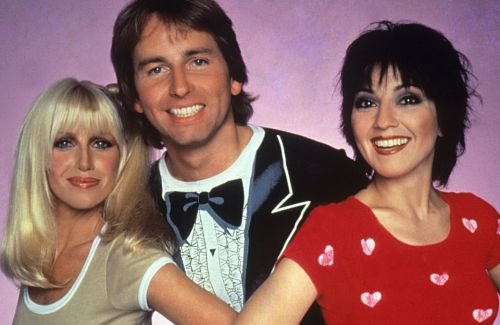
Jack Tripper’s pretense of being gay to live with two women wouldn’t fly today, but in the late ’70s, it was played for laughs. While the show brought LGBTQ+ topics into mainstream conversation, it also leaned heavily on stereotypes that would be seen as tone-deaf now.
9. Edith’s Trauma Joke Fallout in All in the Family (1977)
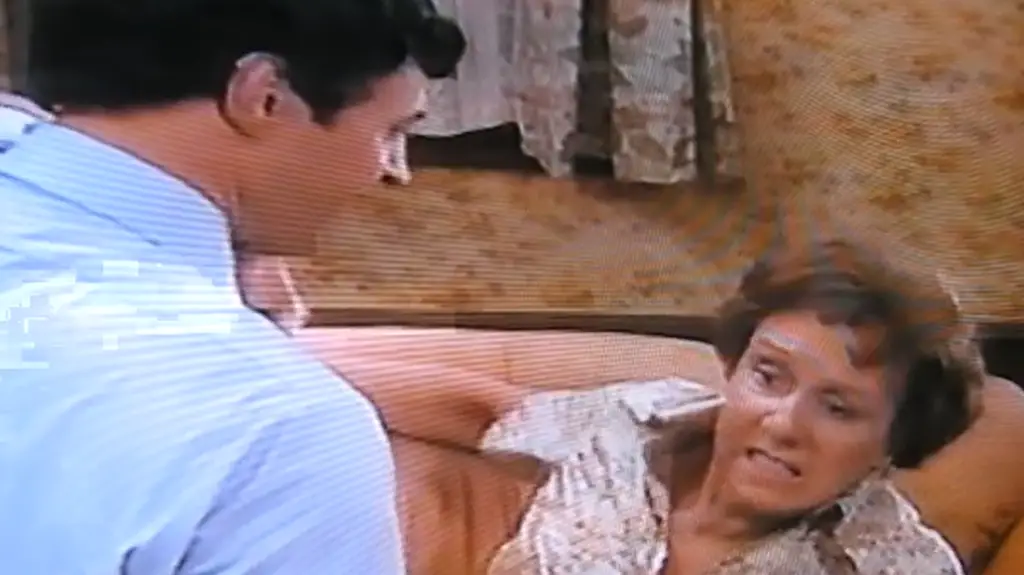
When Edith Bunker was nearly assaulted in a harrowing episode of All in the Family, the humor was…mostly… stripped away to deliver a powerful and unsettling moment. While praised for tackling such a serious subject, the episode was also criticized for its jarring tone shift and inclusion of attempted comedy around the event.
10. Mary’s Pants in The Mary Tyler Moore Show (1970)
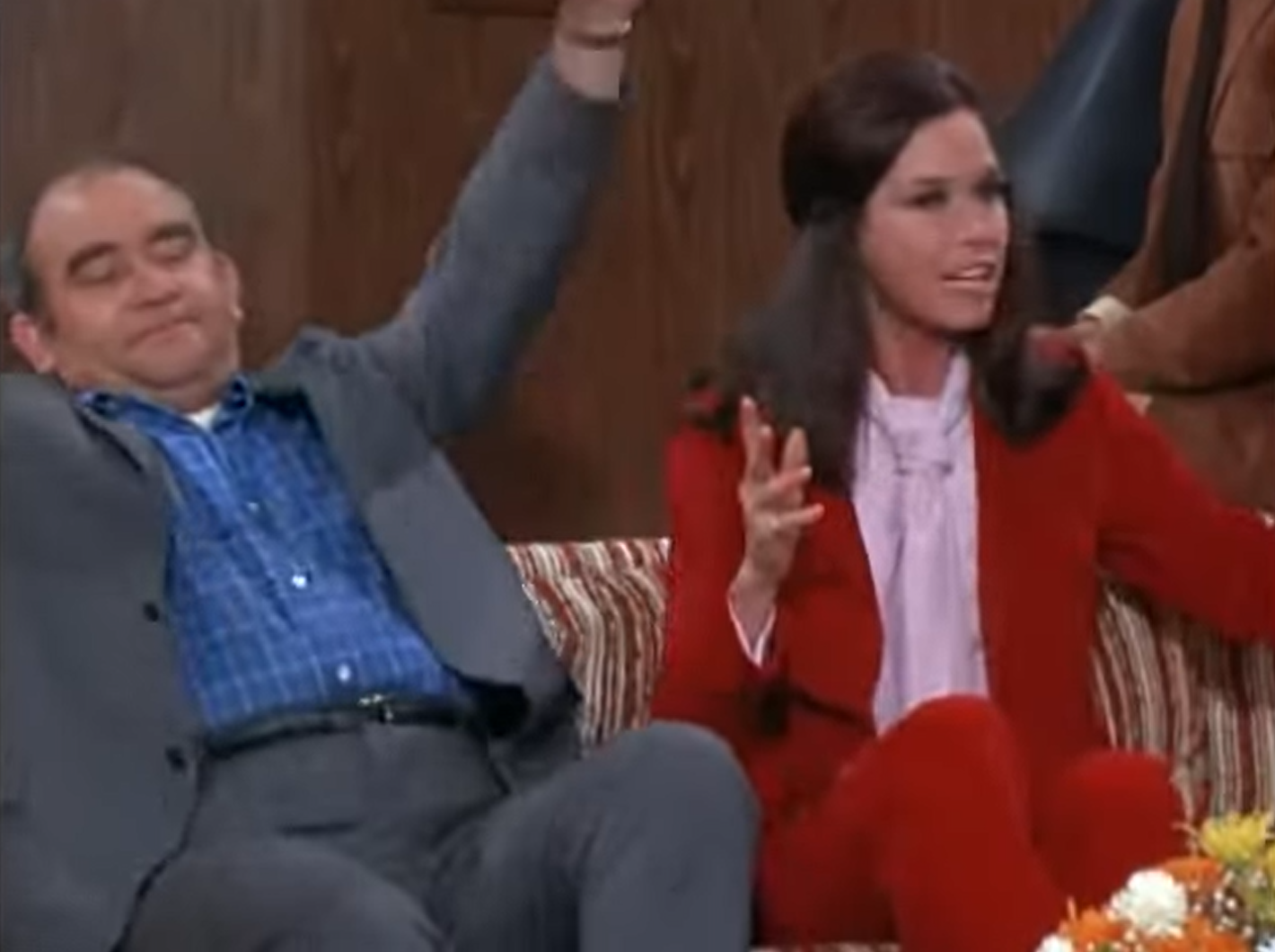
It seems silly now, but Mary Richards wearing pants to work caused quite a stir. Women in sitcoms were typically confined to dresses, and Mary’s wardrobe choices reflected the growing feminist movement. It may have been subtle, but it was revolutionary for its time.
11. Fonzie’s Cool but Controversial Moves in Happy Days (1974)
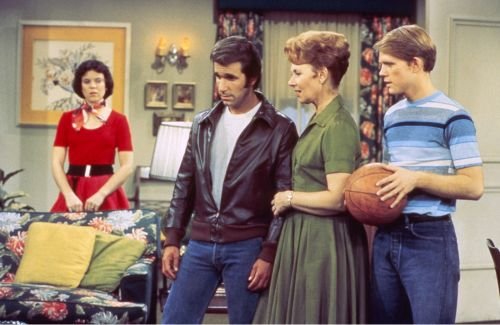
The Fonz wasn’t just cool—he also bent the rules. Whether it was sneaking into women’s apartments or skirting authority, his antics raised eyebrows among conservative parents who felt his behavior wasn’t a great example for kids. Fonzie’s rebellious charm won out, but he represented a shift in what audiences found acceptable.
12. Racial Tensions in Good Times (1974)
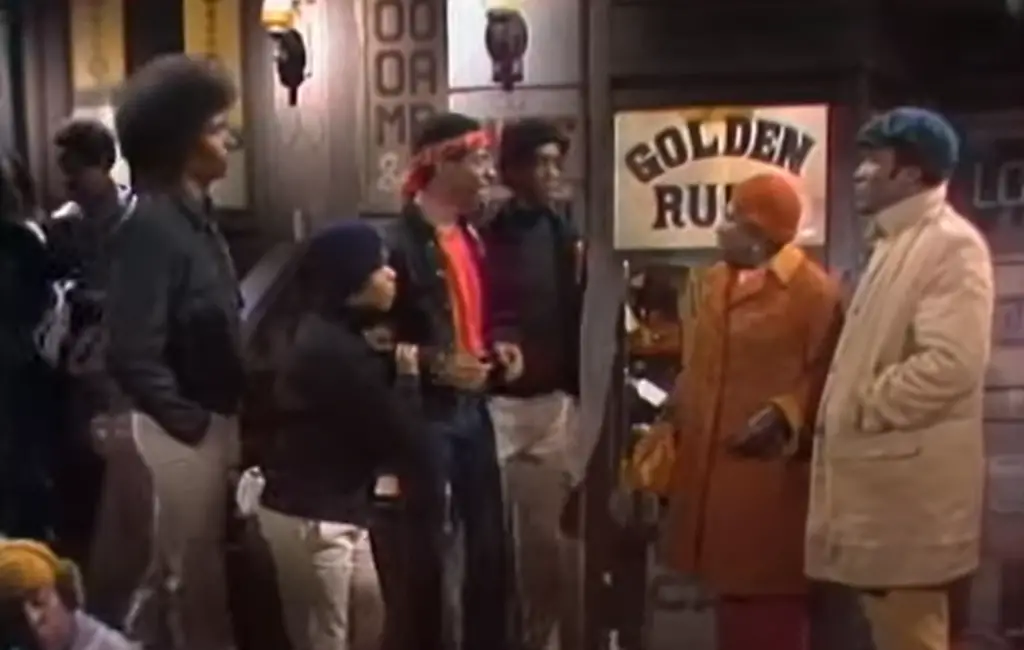
The Evans family tackled tough issues, including systemic racism, poverty, and police brutality, in ways that were raw and unapologetic. Episodes like the one where James confronts an exploitative landlord sparked debates about whether sitcoms should “get political,” but they also resonated with audiences who saw their realities reflected on screen.
These moments remind us just how much the ’70s reshaped television, breaking boundaries and challenging the status quo. They might have been controversial, but they paved the way for deeper conversations and more meaningful storytelling in the decades to come. What do you remember about these moments, and how did they shape your TV nights?


